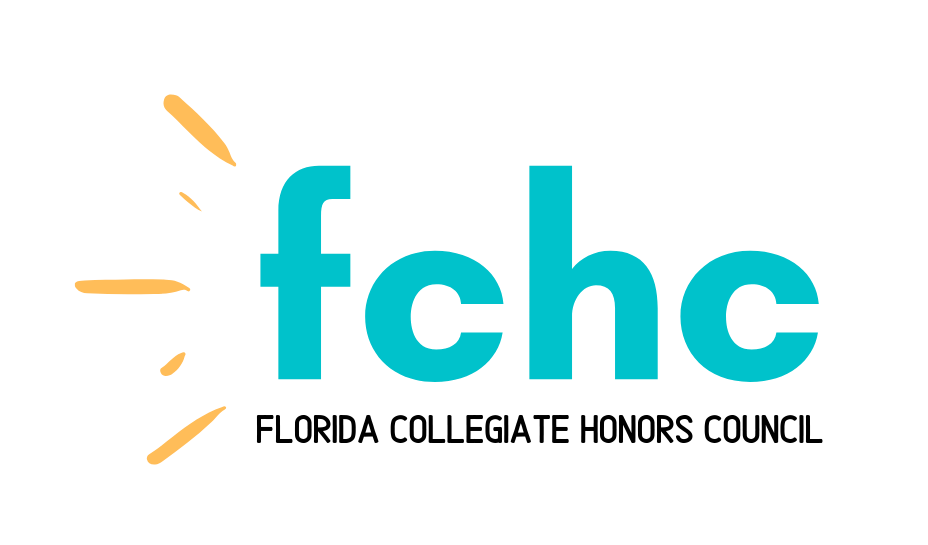Breakout Session III
Friday, February 11, 11:00 - 11:45 AM
To join a session, click on the Join Session Link for the session for which you are presenting or would like to attend.
Session 3-A
Pediatric Stroke: The SLP Perspective on an Underrepresented Population
Elizabeth Pozen, Jacksonville University
Cerebrovascular Accidents (CVA), commonly known as strokes, can occur in as many as one in 4000 newborns each year. While there is a plethora of research on adult patients, pediatric cases are grossly overlooked. Discussion will focus on identifying unique pediatric symptoms along with various medical and surgical treatment options. The presentation will also introduce the Speech and Language Pathologist, an important member of the care team who specializes in speech, language and swallowing disorders.
North Campus Aquaponics Initiative
Alex Bencomo, Jonathan Roa Clavelo, Miami Dade College
Aquaponics is a system in which the waste that is produced by fish is utilized as a fertilizer for plants. At the North Campus, we are hoping to establish one of the first Aquaponics Clubs in South Florida and spread awareness by creating a small-scale model in order to educate individuals on the benefits of regenerative agriculture and sustainable practices. Our goal is to reduce food insecurity by providing fresh vegetables to our Food Pantry.
Session 3-B
Pathways to Greatness: How Community College Honors can Empower and Prepare Students to Successfully Transfers to Highly Selective Institutions
Eric Hoffman, Miami Dade College
Community college honors can be used as a successful transfer pathway to highly selective institutions for underrepresented student populations. Research indicates that a significant number of minority and underserved students who are denied admission as freshmen to highly selective institutions can achieve successful admission and graduation through a transfer second door. Student profiles, recruitment, selection, program models and cultures, coaching/counseling, alumni involvement, best match transfer approaches, and transfer institution/application steps are discussed.
Alternative Grading Systems & Their Implementation: Creating a Canvas Resource For Professors
Ben Crawford, Florida Atlantic University
Given the vast body of research that suggests fundamental flaws with contemporary letter grading schemes and deleterious impact on student stress and well-being, in addition to growing evidence for the efficacy of alternative grading modes,, I spearheaded the creation of an online informational resource for professors which covers letter grade alternatives with the goal of familiarizing teachers with unfamiliar assessment strategies and their use-case scenarios.
Global Honors: Inviting international perspectives to on-campus housing
Kara Evans, University of North Florida
Global Honors is an LLC welcoming honors and international students, celebrating diversity and friendships while transporting the study abroad experience directly to campus! In a post-pandemic world, this is ideal for students without access to these key experiences. Beyond structured programs like international potlucks and ramen cook-offs, the community organized excursions to explore Florida together. Honors students know the place, international students have the energy! Learn about how we started and what makes it work.
Session 3-C
Exploring how the effects of social media shapes a sense of reality, social standing, creativity, and activism of the youth
Deenah Ilario, Palm Beach State College
Researching how much social media has impact in the daily lives of the youth. To see how it has helped the youth express themselves through their styles and learn how to be comfortable with their own skin but also the disadvantages of being exposed to too much too soon. How the form of communication progressed through the years and how it has changed the way teens now and days communicate with each other.
Dramatic Irony: A Case Study of African Plays and Playwrights on Neocolonialism in Postcolonial Studies
Wei Yu, Jacksonville University
This interdisciplinary study seeks to examine neocolonial bias in postcolonial studies. This case study is an analysis of scholarly articles about anglophone African plays and playwrights in the 20th century. The results of the study will inform when studying African theater, whether academics from the Global North focus more on the insight to colonialism and traditional African cultures provided by the subjects rather than their artistic values, in comparison to academics from the Global South.
Session 3-D
Automation Pitfalls in Aviation
Trevor Shuba, Jacksonville University
This research examines the issues posed by avionics and aircraft automation systems conflicting with human factors, potentially threatening the safety of flight. Information automation systems aid flight crews by advising the flight crew of factors affecting the flight and performing tasks. Advanced automation systems can pose human factor challenges including complacency, loss of situational awareness, and automation bias. Despite highlighting the troubles caused by automation, this research also explores the functionality and practicality of automated aircraft systems by listing the domains of operation significantly improved by automation. The purpose of this research is to emphasize the processes required to facilitate the integration of information automation systems into aircraft and completing the synthesis of human-machine interface with follow-on avionics systems training for aircrew.
How to Conduct a Literature Review
Tabitha Saletri, Hillsborough Community College
The purpose of this presentation will be to discuss the steps involved in conducting a literature review for a research project. Some of the points covered will be: creating a planning outline, finding the literature, deciding on the purpose, points of focus and the scope of the review, and analyzing the information.
Brief Introduction to the History and Development of the Monte Carlo Method
Natahja Graddy, Sante Fe College
The purpose of this study is to provide a review of the Monte Carlo method, a computer algorithm developed by Stanislaw Ulam and John von Neumann that can be applied for diverse fields like science, engineering, and economics/finances. Monte Carlo method algorithms rely upon repeated sampling, estimation, and optimization. This paper focuses on the mathematics of how sampling and estimation works for the Monte Carlo method.
